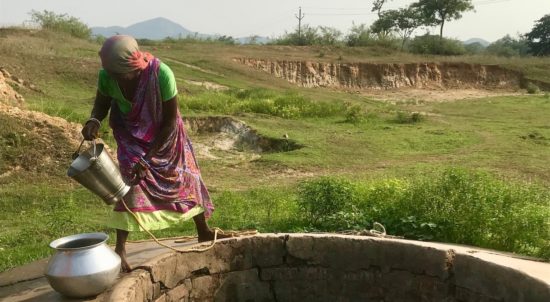The World Bank Creates a New Accountability Office and Changes the Inspection Panel’s Powers

On March 5, 2020, the World Bank Group Board of Directors approved significant changes to the accountability framework for public-sector lending, including the creation of an entirely new accountability office called the World Bank Accountability Mechanism.
The changes are a watershed moment for World Bank accountability. These changes can improve access to justice for local people, but they also run risks in terms of how they are implemented.
Because these changes were made without robust public consultation and the final report is the only version that project-affected communities and their advocates have ever seen, it is critical that civil society be consulted on the procedures for implementing these changes. How the new provisions are put into practice matters to the independence and effectiveness of the Bank’s accountability.
This new Accountability Mechanism will house both the World Bank’s existing independent compliance review office, called the Inspection Panel, as well as a new dispute resolution office, called the Dispute Resolution Service. Further changes––all to be implemented over the next six months––include:
- A new executive secretary position will be established to oversee the new dispute resolution function.
- For projects approved after the new changes take effect, the Panel may consider complaints filed up to 15 months after the closing date of the loans financing the projects. Before this change, communities harmed by projects could not submit complaints to the Panel if 95% or more of the project’s funds had been disbursed.
- Under limited circumstances, the Board may allow the Panel to verify bank management’s adherence to “Management Action Plans” that are drafted to address project shortcomings. The Panel did not have this ability before.
In the next few days, we will provide a full analysis on the sweeping changes to this accountability framework. From our experience supporting communities impacted by World Bank projects in India (pictured above), Nepal, Haiti, and Papua New Guinea, we know that these changes will impact the very communities who are most affected by World Bank projects and who therefore most rely on the Bank’s accountability framework.
See further reporting on this here. To read more about our advocacy to improve the World Bank’s accountability framework, including our criticism of the opaque process for deciding upon the above changes, see our World Bank Policy Advocacy page.

